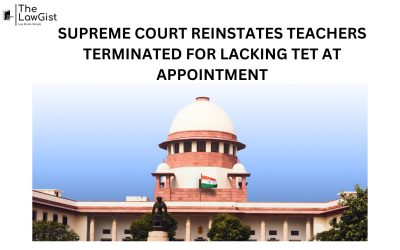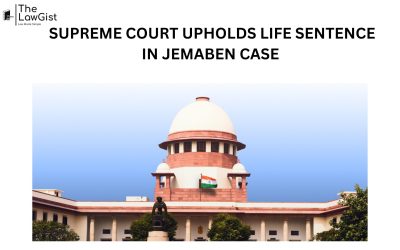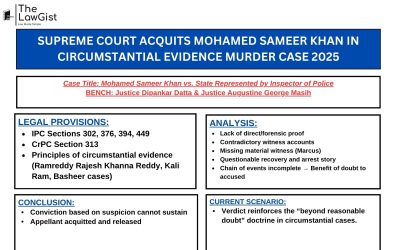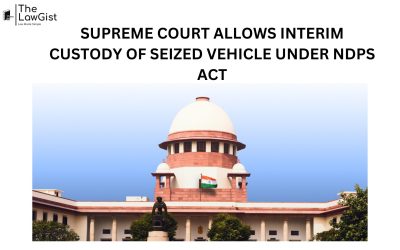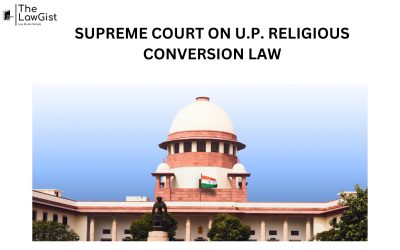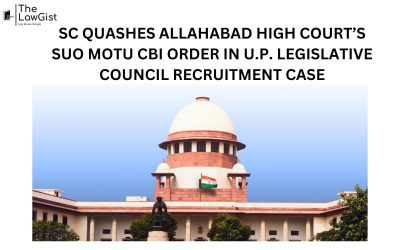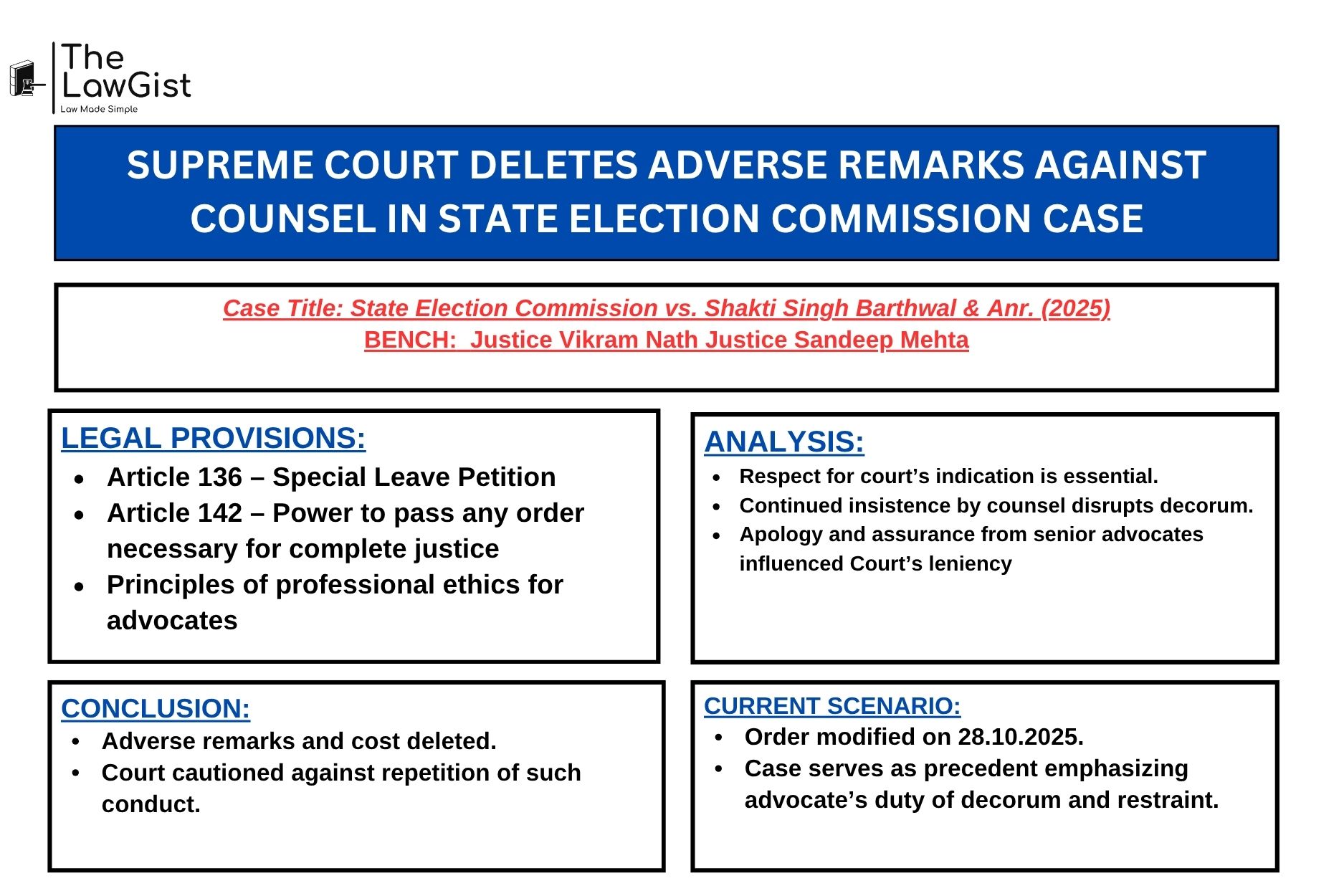
Supreme Court modifies its earlier order, deleting adverse remarks and cost in State Election Commission v. Shakti Singh Barthwal (2025).
SUPREME COURT DELETES ADVERSE REMARKS AGAINST COUNSEL IN STATE ELECTION COMMISSION CASE
CASE SUMMARY – In State Election Commission vs. Shakti Singh Barthwal & Anr. (2025 INSC 1261), the Supreme Court dealt with a modification plea by the State Election Commission against its earlier order imposing ₹2,00,000 costs for counsel’s insistence despite the Bench’s clear indication. The applicant tendered an unconditional apology, supported by senior advocates. Recognizing the remorse and commitment to future restraint, the Court modified its earlier order, expunging adverse remarks and waiving the costs. The judgment reaffirms the importance of courtroom decorum and balance between advocacy zeal and judicial respect.
| ASPECTS | DETAILS |
| Case Title | State Election Commission vs. Shakti Singh Barthwal & Anr., 2025 INSC 1261 |
| Introduction | The case concerns a Miscellaneous Application (M.A. No.1901/2025) filed by the State Election Commission seeking modification of the Supreme Court’s order dated 26.09.2025 in SLP (Civil) No.27946/2025. |
| Factual Background | The Supreme Court had earlier dismissed the SLP filed by the State Election Commission challenging an interlocutory order of the Uttarakhand High Court, imposing ₹2,00,000 costs for counsel’s conduct. The Commission sought modification to expunge remarks and waive costs. |
| Legal Issues | Whether the Supreme Court should modify its previous order by removing adverse observations against the counsel and waiving the imposed costs. |
| Applicable Law |
|
| Analysis | The Court observed that advocates must respect the Court’s indication once the Bench has expressed its inclination. Persistent insistence disrupts decorum. However, noting the unconditional apology and assurances from senior members of the Bar, the Court showed leniency. |
| Conclusion | The Supreme Court accepted the apology, deleted adverse remarks, and waived the imposed cost, cautioning against recurrence of such conduct. |
| Current Scenario | As of October 28, 2025, the modification has been allowed; the previous cost and remarks have been expunged. The case underscores the importance of courtroom etiquette and professional decorum. |
“Decorum of the Court is best ensured when the Bench and the Bar move in symphony with each other.”
SOURCE – SUPREME COURT OF INDIA
READ ALSO – Articles 136 and 142 of the Constitution of India
Discover insighs on Latin Maxims and Legal Glossary and simplify complex legal terms in seconds.The LawGist ensures exam success with quality Blogs and Articles on — Top Legal Picks (TLP), Current Affairs, latest Supreme Court judgments as Courtroom Chronicles. Backed by trusted resources and videos, The LawGist is every Professionals and Aspirant’s first choice. Discover more at thelawgist.org


